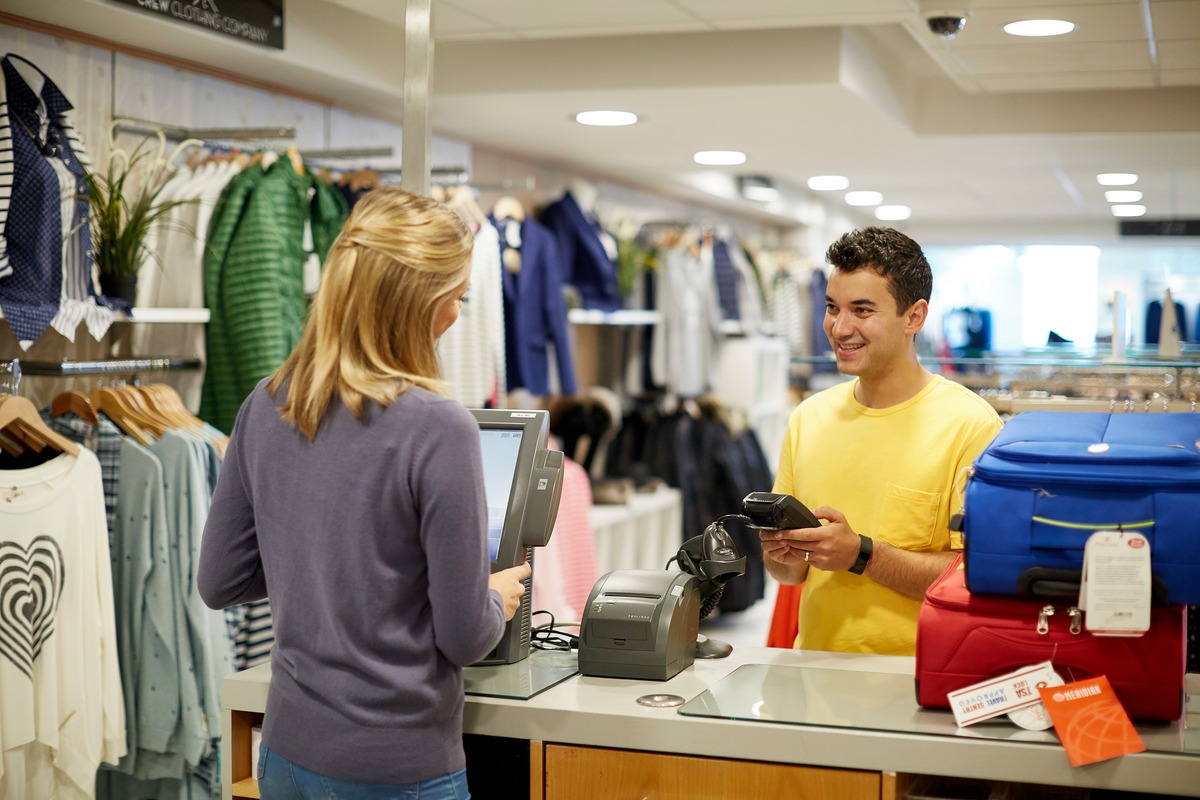Writing for Payment Expert, Kirsty Morris, MD of Commercial Solutions, Barclaycard Payments, shares her thoughts on the potential of contactless payments as payment infrastructures continue to be fundamental to business success.
Contactless payments have soared in popularity in the UK across the past two years. Data from Barclays, which sees nearly half of the nation’s debit and credit card transactions, reveals that the total value of all contactless payments jumped 49.7 per cent in 2022, as Brits embraced the £100 transaction limit and returned to high street shopping following the easing of all coronavirus restrictions.
A record 91.2 per cent of all eligible card transactions* were made using contactless payments last year, a sign that consumers and businesses are continuing to shift to next-generation technology when buying and selling. The data also reveals that the average contactless consumer made 220 ‘touch and go’ payments last year, up from 180 in 2021, with the average value per transaction rising 18.5 per cent to £15.13.
The use of mobile devices has also played a key role in this progress. There was rapid growth in the value of mobile wallet contactless payments over the £100 card limit. These payments accounted for 4.1 per cent of the total value of all contactless transactions last year, compared to 3 per cent the previous year.
These trends have captured the attention of UK business leaders. New research by Barclaycard Payments and FT Longitude, conducted among 500 corporate decision makers, highlights that more than half (51 per cent) predict contactless will become the most important way of making payments for their customers in the next two years.
More broadly, payments infrastructures are shown to be a key component in commercial performance. The results of the polling show that 28 per cent of firms have recently lost important customers because their payment experience was not as good as it could have been, while more than a third (34 per cent) admit their payment processes are not as strong as they need to be to ensure agility in a time of economic uncertainty. For four in ten (42 per cent) business leaders polled, payments efficiency has never been a higher business priority than it is today.
However, with new technological developments cropping up left, right and centre, businesses will need to start considering where their efforts should best be focused, in order to stay ahead of competitors.
With this in mind, there are a few important areas businesses should contemplate when trying to offer the best payment experience possible:
- Personalisation is fundamental to success. Customers prioritise personalisation as the most valuable aspect of their online payment experience, which can involve features such as storing customer information for quicker checkouts, remembering their preferred payment method, and providing tailored purchase suggestions or discount offers.
- Data analysis pays off. Our research suggests that businesses want to use their payments insights more effectively. The respondents told us that, when they choose a payments partner, their priorities are transparency, reliability and accuracy of data (49 per cent say this is a top factor), and the ability to combine data sources (46 per cent).
- Invest in tools that make payments easier for customers – or risk losing them. As regulations continue to tighten, the need to prioritise payment strategy will only increase, in order to ensure compliance. Solutions like Barclaycard Transact help businesses comply with the SCA regulation without adding additional layers of friction to the check-out. And by leveraging exemptions in the regulation through highly sophisticated fraud checks and artificial intelligence, the technology can also be added to an existing payment gateway and enable businesses to reduce the risk of abandoned baskets.
As businesses consider their next investment in payments technology and strive to provide a seamless shopping experience to their customers, our research shows that contactless really could mean more for commercial growth.
*Eligible transactions are defined as face-to-face / in-store transactions made with a debit or credit card, up to the value of the contactless limit.























